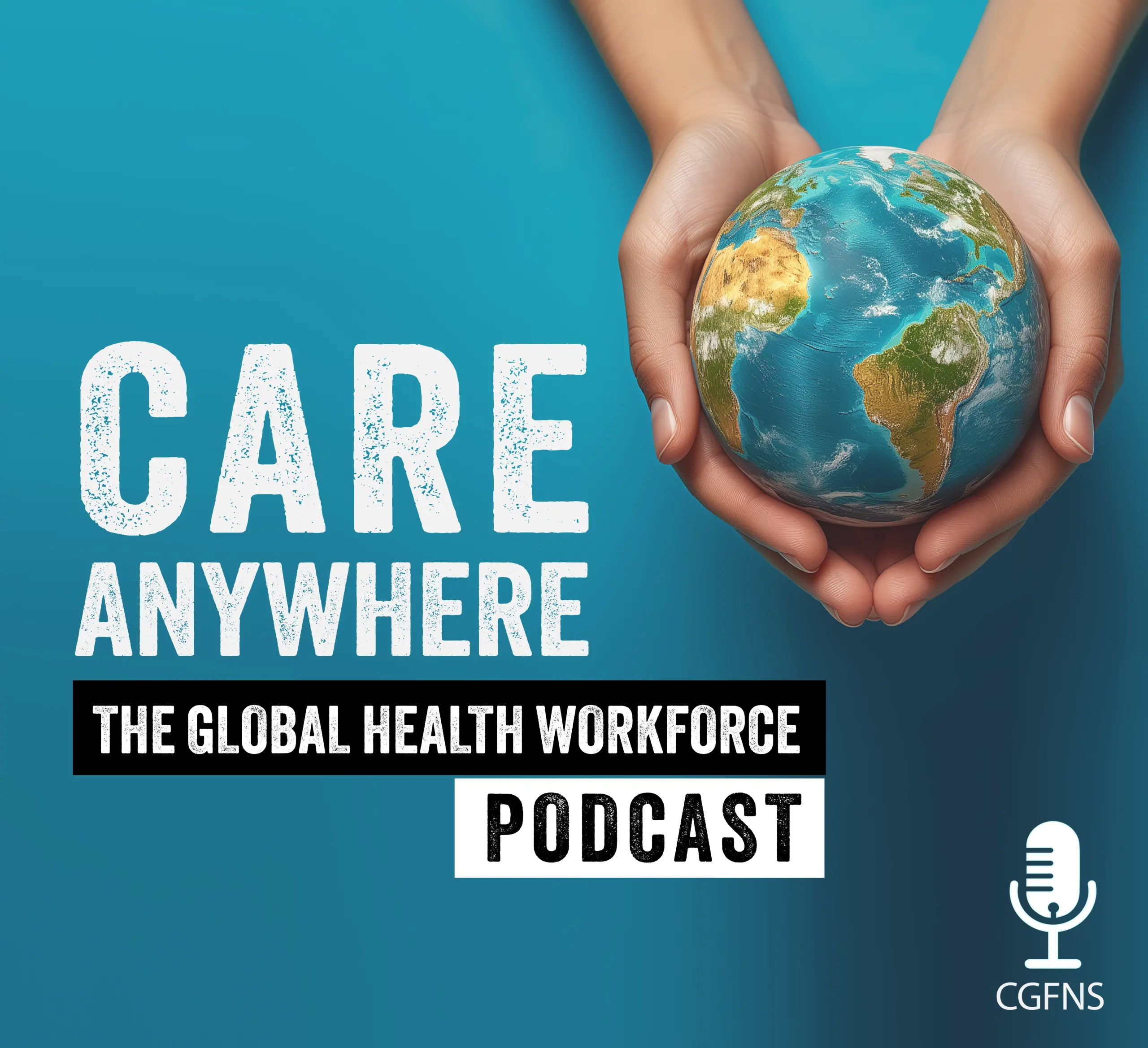Virtual Health: Enabling Employers to Tap into a Global Workforce
In this episode of Care Anywhere: The Global Health Workforce Podcast, host Lea Sims, Chief Marketing Officer of TruMerit, welcomes Laura Messineo, Chief Nursing Officer at WorldWide HealthStaff Solutions. With more than 35 years of nursing experience and two decades pioneering virtual health, Laura shares her expertise in using telehealth to expand access, empower clinicians, and support international workforce mobility.
Laura reflects on her career journey from critical care to leading more than 100 virtual health programs across a major U.S. health system. She describes the early challenges of building telehealth before reimbursement and policy frameworks existed, and how those lessons now shape her leadership at WorldWide HealthStaff Solutions.
The conversation explores how virtual nursing, remote patient monitoring, and AI-driven innovations are transforming care delivery and alleviating workforce shortages. Laura highlights her organization’s groundbreaking initiative to establish virtual care operations in the Philippines, enabling international nurses to support U.S. hospitals while remaining in-country.
Looking ahead, Laura and Lea discuss the evolution of reimbursement, provider adoption, and the growing demand for English proficiency and tech readiness among global nurses. Their discussion underscores how virtual health can strengthen equity, sustain careers, and reimagine the patient-provider relationship.
With insights that blend clinical expertise, innovation, and workforce strategy, this episode sheds light on the opportunities and challenges of virtual care in a global context.
Tune in to the full episode at trumerit.org/podcast or on your favorite podcast platform.




